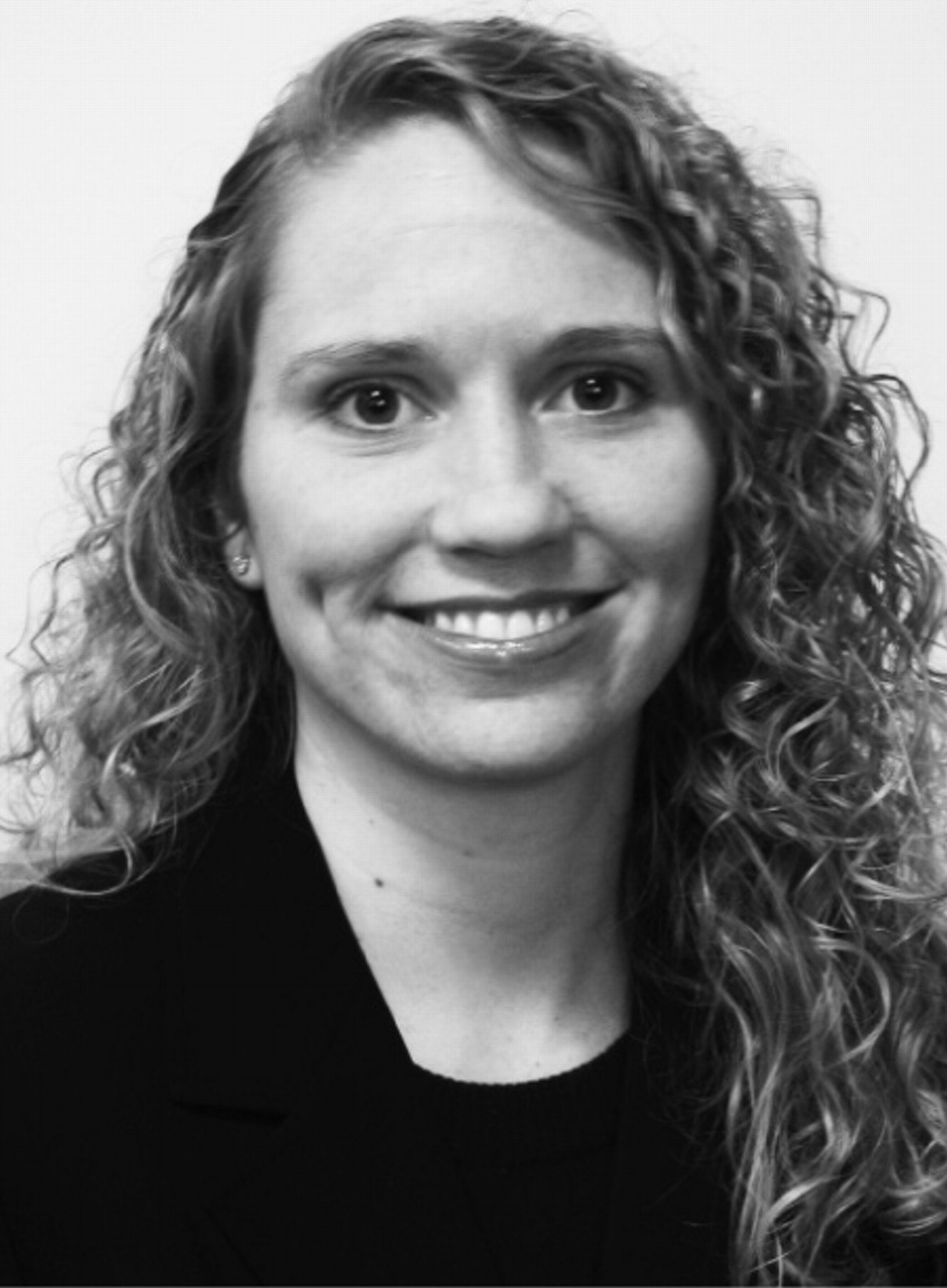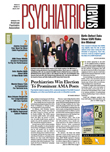I am pleased to announce that as of June 16, I became an official graduate of an adult psychiatry residency. I actually left the adult psychiatry residency a year ago, when I “fast-tracked” into a child and adolescent psychiatry fellowship, but I didn't officially graduate until this year. I had not really even considered this graduation as a momentous, or even special, event. In fact, I even forgot to tell my parents about the graduation ceremony until a few weeks ago, perhaps merely confirming my denial of the importance of this event.
The ceremony was quite lovely, held in a stately social club, with the requisite dark wood panels and paintings of accomplished men from decades ago. We received our diplomas, and our supervisors gave touching tributes to our years of training. Despite my initial lack of excitement, I found myself feeling quite proud of what I, and my fellow residency-mates, had achieved, and just a bit tearful about the passing of this milestone. And while sitting between my parents, listening to my training director impart final words of wisdom, I realized that I was also feeling quite nervous, in fact, down-right anxious.
What could I possibly have to be nervous about? I had just completed the hard part: the long hours caring for acutely ill patients, the 150 plus nights of call, the write-ups and presentations, the competing demands of education and service. I had done all of that, and I even had a diploma to prove it. Yet, my hands were shaking and my heart was racing.
As I reflected upon the meaning of the occasion, I realized that the root of my anxiety was not in the graduation day itself, but in the day after that, when I would no longer be a “psychiatry resident,” but a“ psychiatrist.” I don't know enough to be a psychiatrist, not yet. I don't know how to prescribe carbamazepine for the liver-transplant patient with active TB and an addiction to grapefruit juice. I don't know how to interpret my countertransference to the patient who attended my rival high school, resembles my sister, is either an hour early or an hour late, and can't seem to remember my name. I still have too much to learn, I can't graduate now.
I should have taken this day more seriously. I should have studied and prepared, reading every article I had ever been given, learning the answers to all of my questions, so that I could be fully confident and worthy of this diploma, of the title “psychiatrist.” I began to look around at the faculty in attendance, willing one of them to notice my terror, my unpreparedness, to stand and declare, “Wait, this one's not ready, take back the diploma!”
But that didn't happen. My gaze was met with smiles, with gentle nods of congratulations, with kindness and support. These were the teachers and mentors to whom I had entrusted my education and training. Now was the time I had to trust their belief that I was ready, and I had to trust myself, that I was prepared. I realized then that I was not being left behind by these teachers and mentors, alone to fend for myself. I was simply entering into a new phase of my relationship with them, and my own education. I was becoming a colleague, a junior colleague still in need of supervision and refinement, but a colleague nonetheless. I had been focusing so much on what I had not learned during residency that I forgot to acknowledge what I had learned: a knowledge of the fundamental aspects of psychotherapy, a solid understanding of basic psychopharmacology, and, most important, how to know what I don't know and what to do about it.
So, I am not at the end of my training, my education, but rather somewhere past the beginning. I still have a great deal to learn, but I also have a great deal to teach. With the support of my supervisors and mentors, with the encouragement of family and friends, with the infectious enthusiasm of residents and medical students, I will continue to be both a student and a teacher for a long time to come. And I can start preparing right now for fellowship graduation; I already invited my parents. ▪

